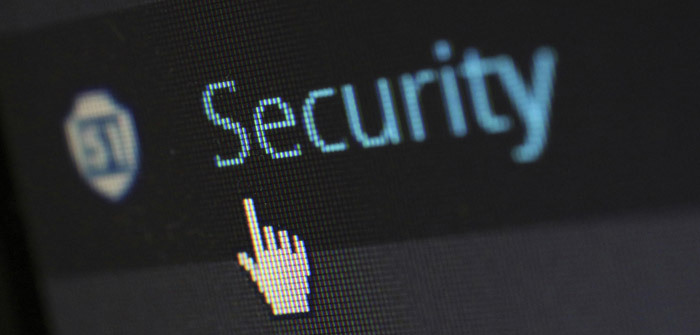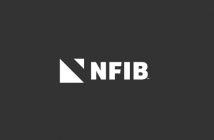It would be a real challenge to find someone in the western world who doesn’t use the internet for one reason or the other, whether it’s social media, banking, working or surfing the web for fun. Everyone is online these days, and while there are hundreds of things that make the internet almost indispensable, you should always look at the other side of the coin to consider the cons: the main one being safety and security. Have you, a friend or a family member been struck by an internet scam? Or has one of your accounts ever been hacked? If the answer is yes, then this article is perfect for you as it’ll highlight some tips to keep you safe online. Let’s take a closer look.
Use Strong, Unique Passwords
The first tip in this article won’t surprise you: namely use strong, and, above all, unique passwords that only you would know. This may be shocking to some of you, but according to recent studies, 30% of internet users have experienced a data breach purely because their password was too weak; that’s a staggering number. Furthermore, two-thirds of Americans use the same password across multiple accounts. If you are one of those people, it’s completely understandable since you want something that’s relatively easy to remember. But, keep in mind that if you can remember it easily, so can others. Create passwords that are at least 12 characters long and combine letters, numbers and special characters. Avoid using easily guessable information like birthdays or common words. Use a different password for each of your accounts to prevent a single breach from compromising multiple services. These are just a few tricks to ensure that your personal information, be it emails, private messages or banking details, always remains safe.
Monitor Your Financial Accounts Regularly
There seem to be two categories of people when it comes to finances – the ones who check their accounts hourly and those that only check in every week or month. Regardless of how often you log in, you need to look very closely at each and every entry and expense so that you can be one hundred percent sure that your outgoing payments actually reflect what you really spent. This doesn’t only apply to bank accounts and business matters though, quite the contrary actually. It is also very relevant for online entertainment.
If you enjoy gaming and gambling online then you are going to need to keep a close eye on what’s being spent. For added safety and security, you could even take it a step further and choose to play anonymously via sites like bestanonymouscasinos.com, which have been designed and set up specifically for people who really prioritize their privacy and want a gaming experience without intrusive identification checks. Reputable sites like these compile a list of the best anonymous casinos after doing thorough research to protect all online gamers and gamblers.
Only Use Secure Websites and Apps
With many people having their phones ‘glued’ to their hands, it’s inevitable that you’ll access websites and download apps, that’s part of being online to be fair. However, here too you should be cautious about which apps you download and specifically what information you divulge when you do sign up for a service. There are, of course, pros and cons to signing up for apps and entering your info, just make sure that you understand what you’re consenting to and never enter information that you’re uncomfortable sharing. Also consider how secure the website is by looking for “https://” in the URL and a padlock icon next to it, which indicates that the website encrypts your data during transmission. Better safe than sorry, as the saying goes.
Be Cautious with Public Wi-Fi
It is almost second nature to sit down at a restaurant or cafe, and ask for the Wi-Fi code as soon as you take a seat. Because of this prevalence, keep in mind that public networks are often less secure and easier for cybercriminals to intercept. Don’t access sensitive accounts like your banking app or personal info while you’re connected to public Wi-Fi. If you must use it, consider using a Virtual Private Network (VPN) to encrypt your internet connection and protect your data from potential eavesdroppers. Secondly, beware of phishing scams that try to trick you into providing personal information through deceptive emails, messages or websites. Always verify the authenticity of the request by contacting the organization directly using a known and trusted method.
Be Mindful of What You Share Online
This final tip is last, but most certainly not least. It cannot be stressed enough how careful you and your loved ones should be about what you share online. While social media is fantastic to keep up with friends and family or even to build and grow your business, you should always be cautious about the personal information you share. There have been cases of people taking a simple selfie in the kitchen without knowing that the picture included their packages and letters on the counter, meaning that anyone who sees the photo can also see their home address. This is actually scary. So, please always ensure that you use strong passwords, play anonymously online, use a VPN, and keep an eye on your transactions and app purchases.





